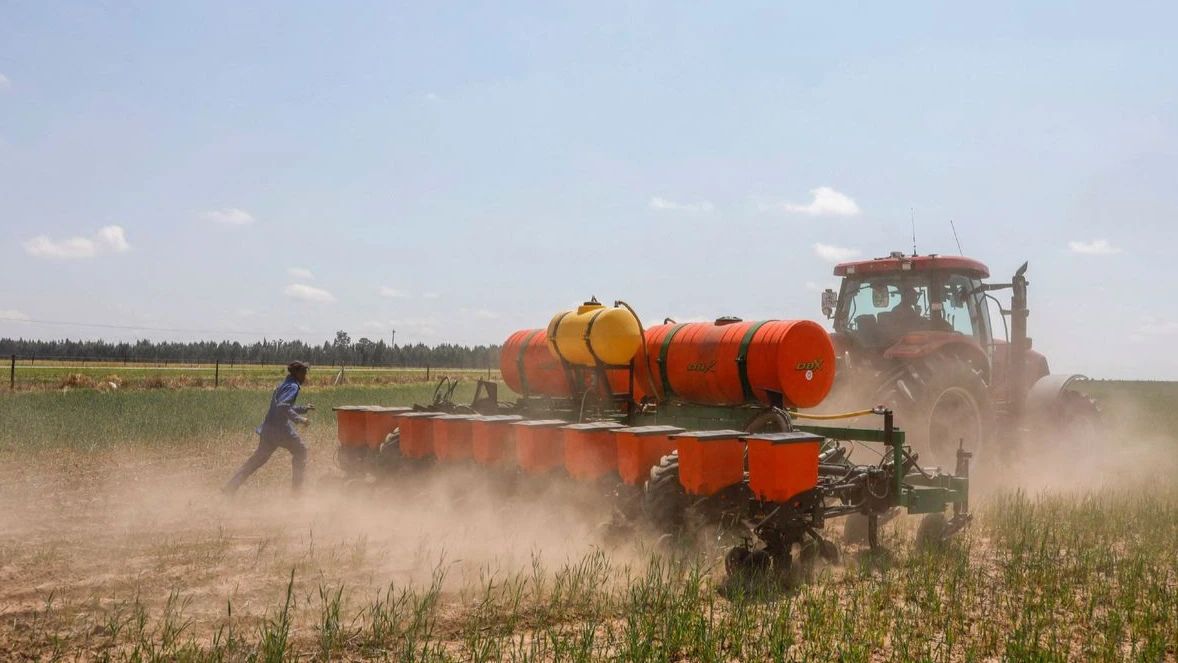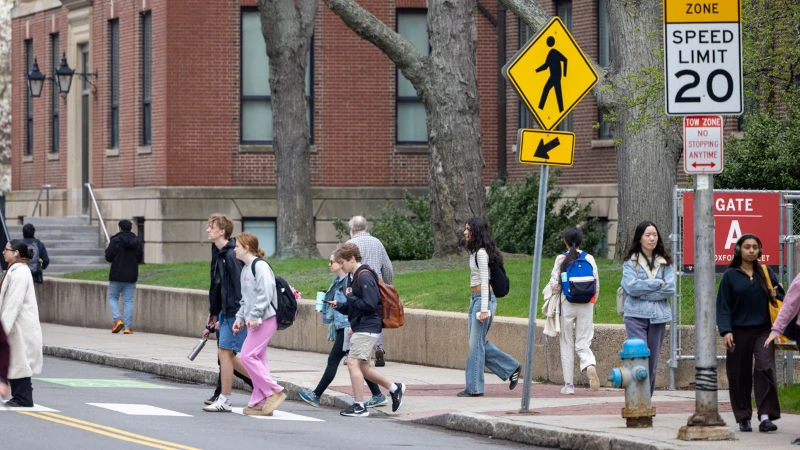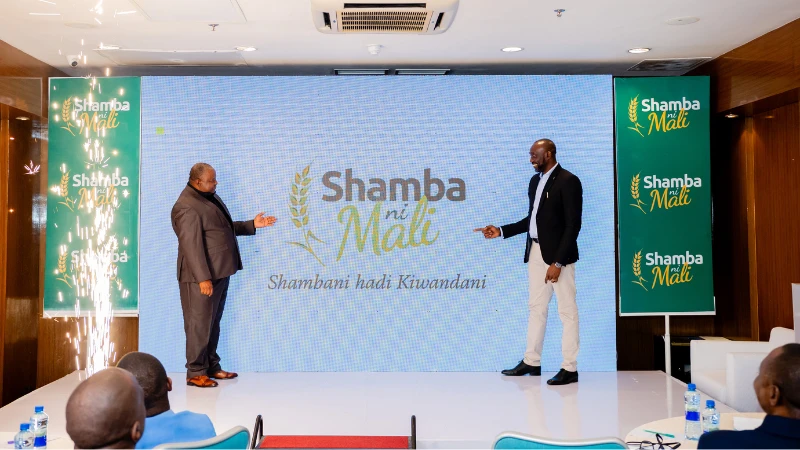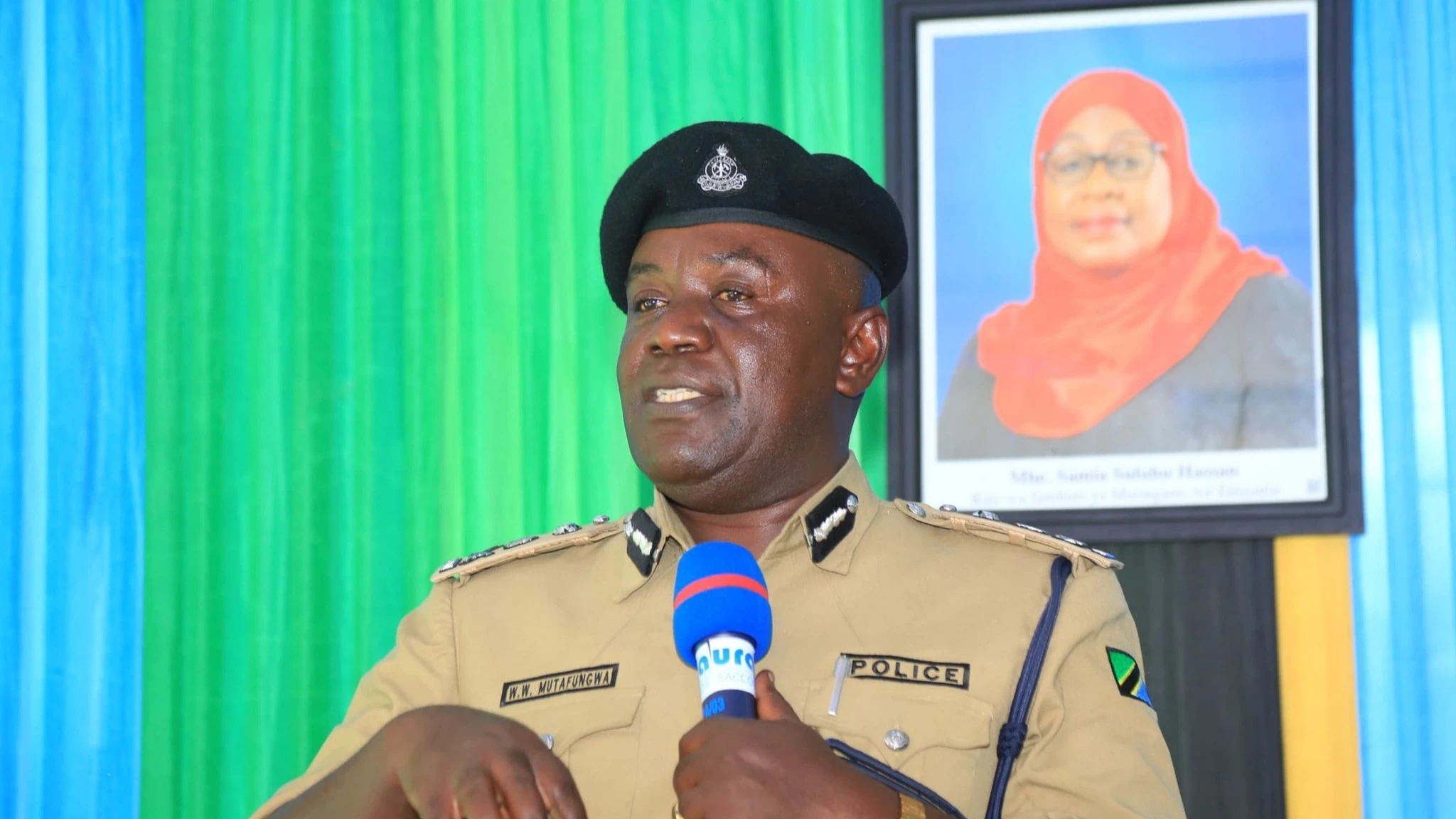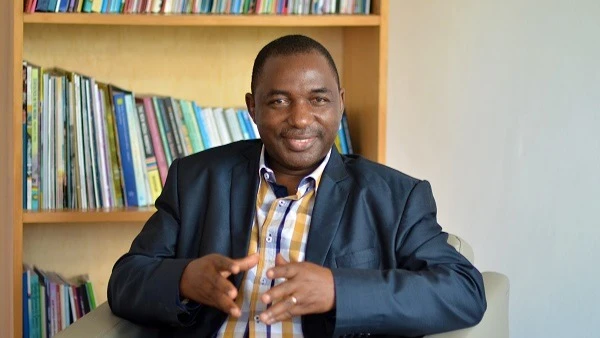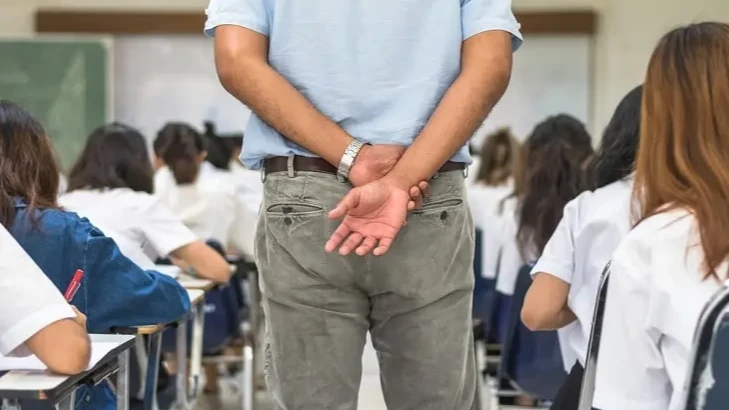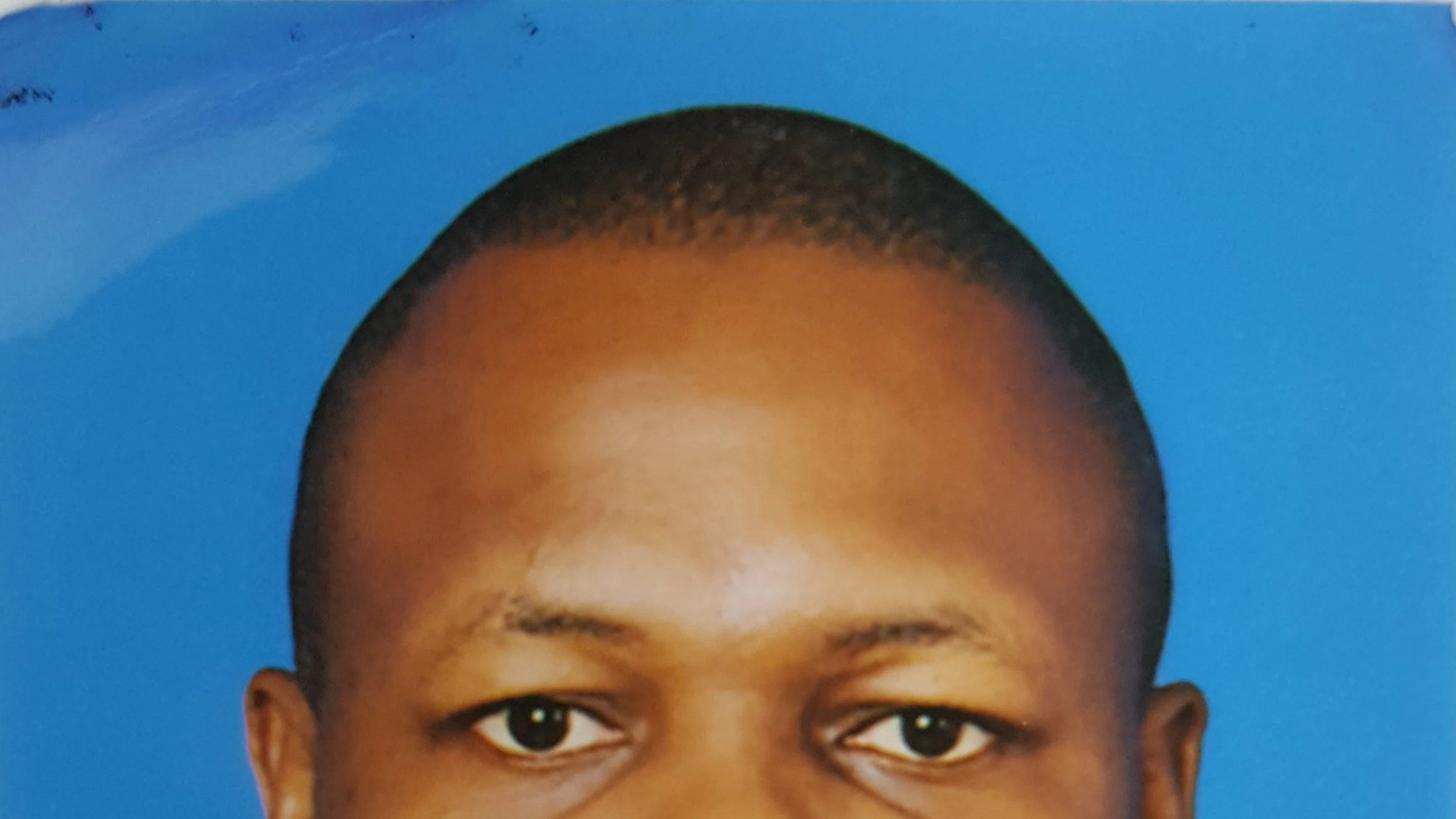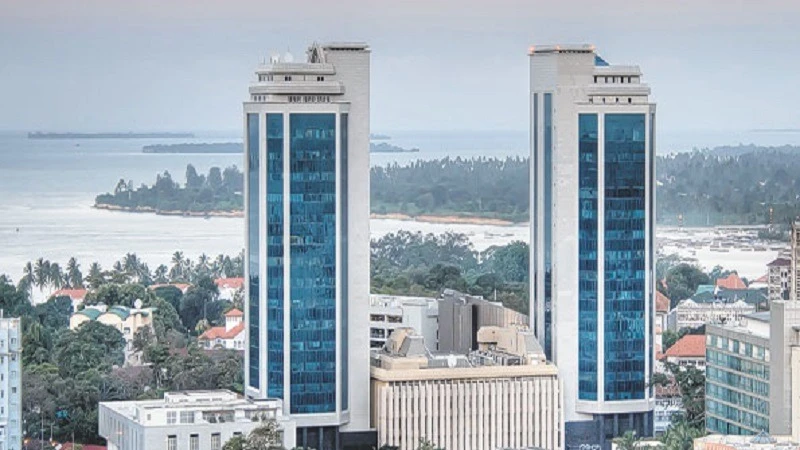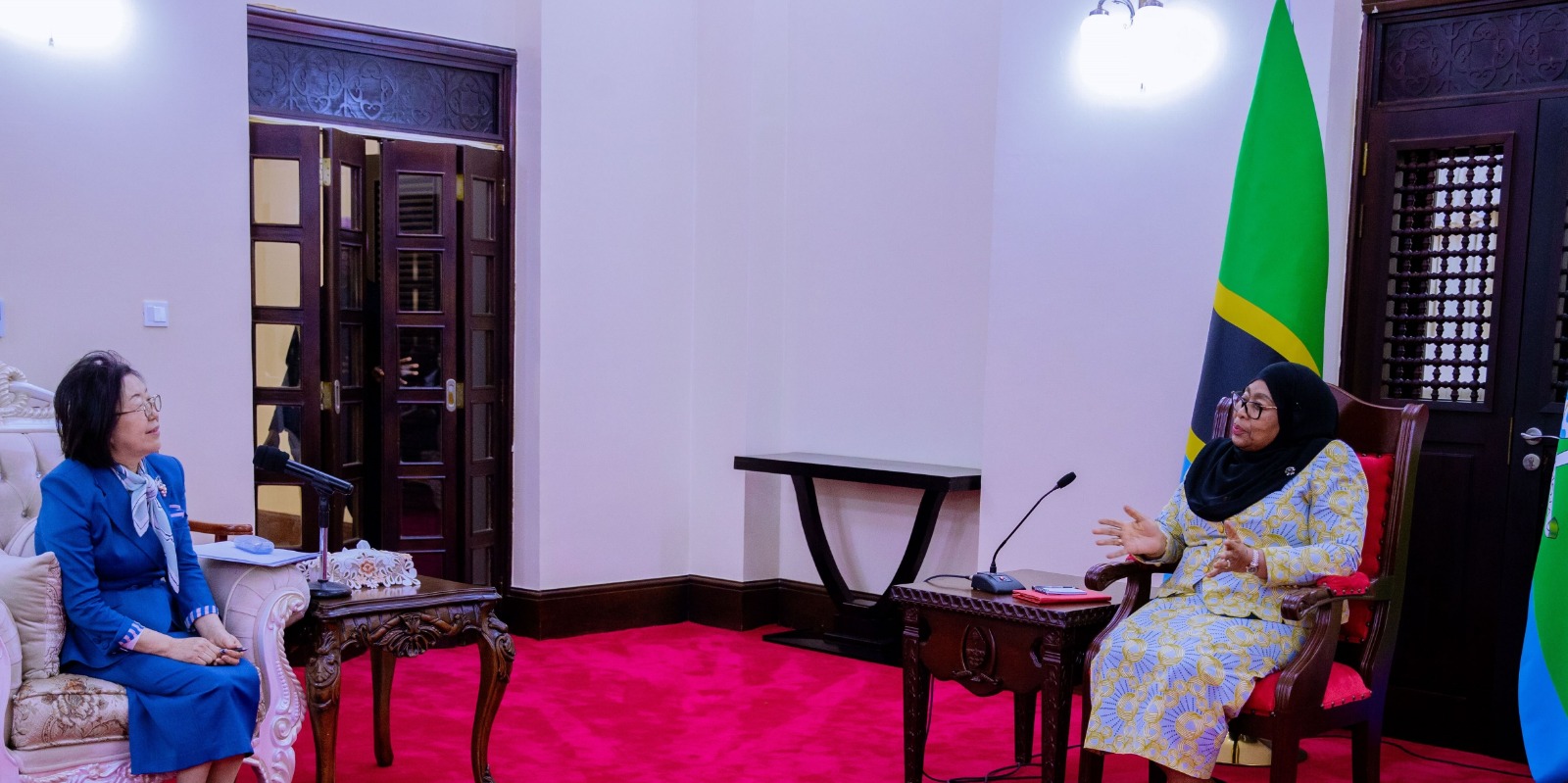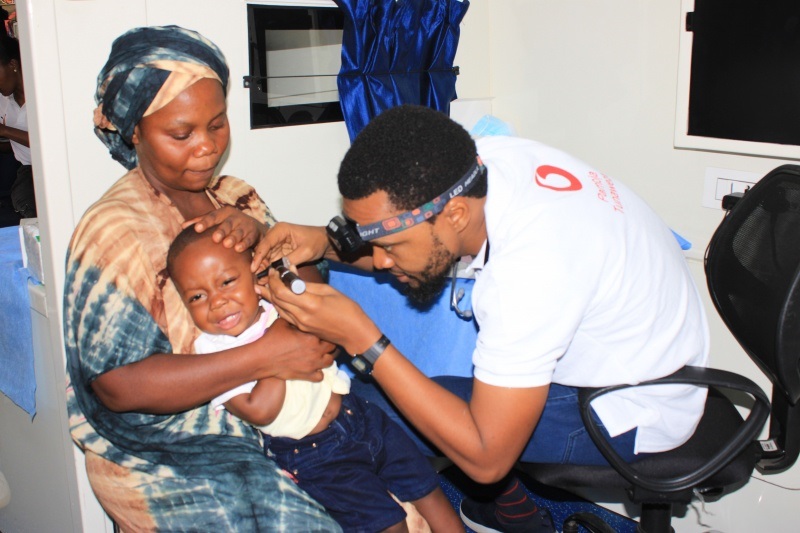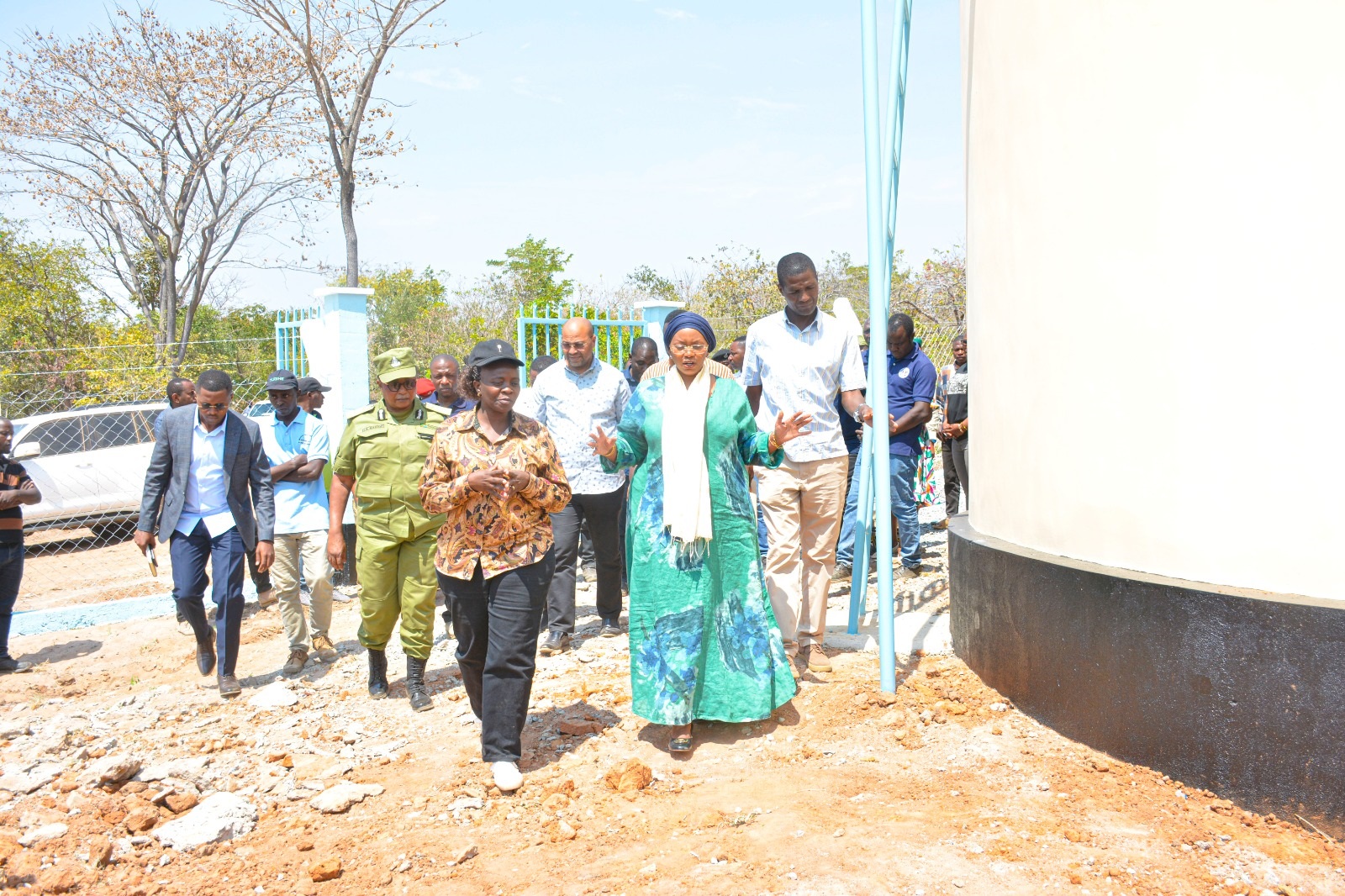Korea’s transformative role in advancing health and education systems in Tanzania
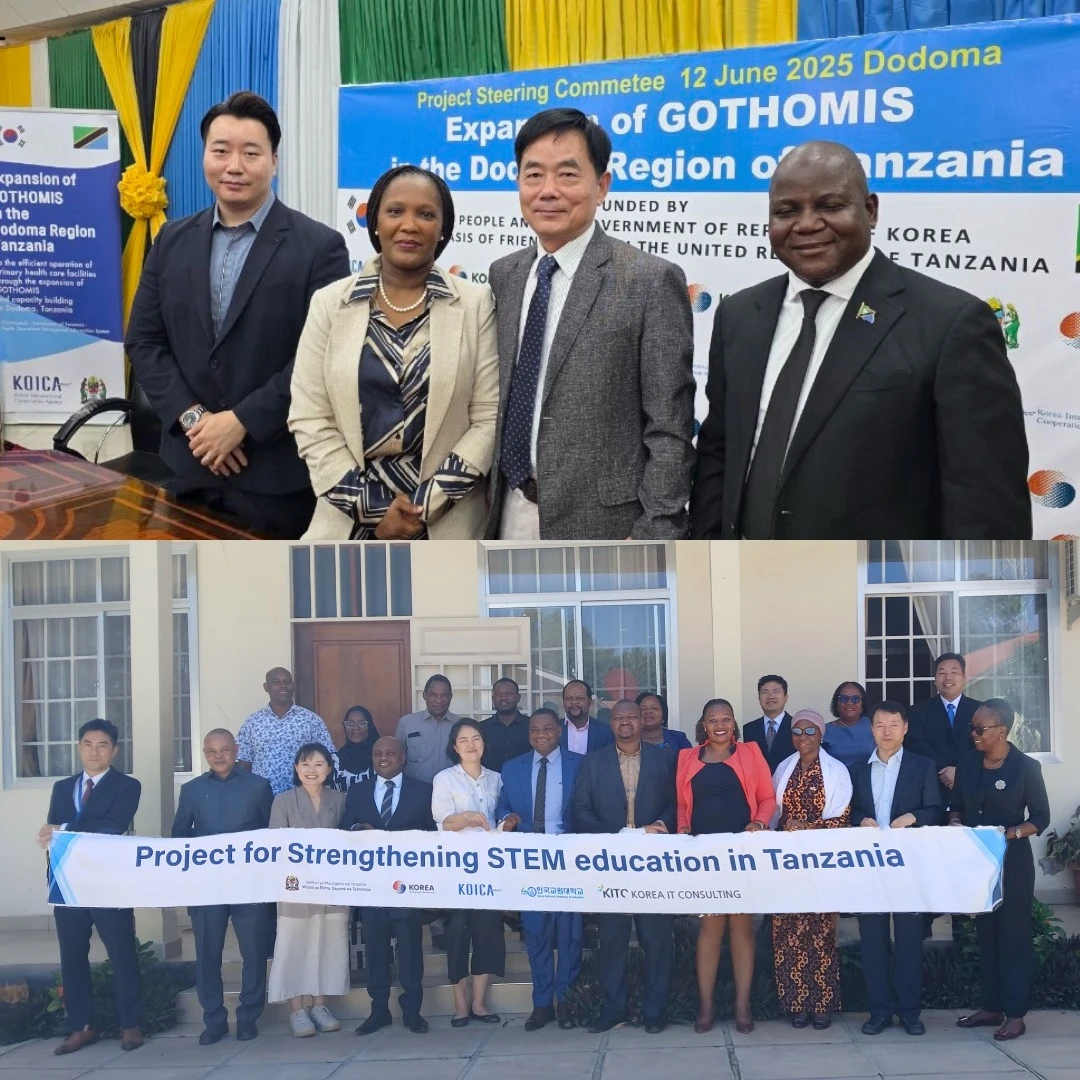
The Korea International Cooperation Agency (KOICA) continues to play a transformative role in supporting Tanzania’s national development goals through strategic investments in health and education. In alignment with the Government of Tanzania’s vision for digital transformation, KOICA has partnered with key ministries to implement two flagship projects: the Strengthening STEM Education Project (2023–2027) and the Project for e-Health System (GoTHOMIS) Expansion in Dodoma Region (2021–2025).
In the education sector, KOICA is working closely with the Ministry of Education, Science and Technology (MoEST) and the President’s Office – Regional Administration and Local Government (PO-RALG) to enhance STEM learning environments in 13 model secondary schools across Dodoma and Simiyu. With a USD 10 million investment, the project aims to improve the quality of science and ICT education, increase participation particularly among girls and build the digital capacity of teachers and students.
In the health sector, KOICA is supporting the expansion of the Government of Tanzania Health Operations and Management Information System (GoTHOMIS) across all eight districts of Dodoma Region. The project focuses on digitizing operations in primary health care facilities, where the majority of Tanzanians receive services. It includes the installation of ICT infrastructure, capacity building of healthcare workers, and real-time data sharing to enhance patient care and system efficiency.
Together, these initiatives reflect KOICA’s commitment to empowering communities through inclusive, sustainable development and digital innovation in Tanzania’s most vital public sectors.
Strengthening the Future through STEM
For Song Jeonghoo, the Project Action Officer behind this initiative, it’s more than just infrastructure, it’s personal. “I’ve always wanted to contribute to meaningful change,” he shared. “This project gave me an opportunity to work directly with Tanzanian communities and support students who deserve better opportunities in science and technology.” His passion for sustainable development and cross-cultural collaboration is what brought him to Tanzania where he’s now witnessing the impact of his work unfold in real time.
“These labs provide students with essential access to practical, hands-on learning,” Jeonghoo explained. “Teachers can now deliver more dynamic and interactive lessons, moving beyond repetition methods to real-world science.” Though full implementation is ongoing, communities have already expressed enthusiasm, with school leaders welcoming the initiative as a game-changer.
A key focus of KOICA’s approach is gender inclusion. Recognizing the gender gap in STEM fields, the project incorporates gender-responsive interventions including STEM clubs, science competitions that promote equal participation, and mentorship programs featuring female role models. “Encouraging girls to pursue science is not an afterthought, it’s a priority,” Jeonghoo emphasized. “We want every girl to see herself in a lab coat, behind a computer, or leading innovation.”
Community response has been overwhelmingly positive. Parents, teachers, and students share a growing belief that these opportunities can transform the future of girls in rural Tanzania. While the project is still ongoing, young learners are already showing clear excitement.
Beyond infrastructure, KOICA is also investing in people. Senior Tanzanian education officials have undergone high-level STEM training in Korea, laying a foundation for national policy improvement. A multi-phase training program is also in development to equip teachers with gender-sensitive teaching methods, digital tools, and practical applications of science.
“STEM is not just about equations or computers, it’s about solving problems, improving lives, and building national capacity,” Jeonghoo said. He envisions a future where Tanzanian students, especially girls, see STEM not as an elite field, but as an accessible path to success and innovation.
With KOICA’s steadfast support, Tanzania’s future in science and technology is looking brighter - one lab, one teacher, and one student at a time.
While KOICA is equipping Tanzania’s youth with digital skills through transformative investments in STEM education, it is also modernizing the nation’s healthcare system to ensure that digital innovation improves everyday lives at the community level
Digitizing Healthcare with GoTHOMIS
For Field Manager Eunson Im working on the GoTHOMIS expansion project has been a deeply meaningful journey. “Healthcare is one of the most direct ways to improve lives,” he said. “When I learned about the government of Tanzania’s digital health strategies, I knew KOICA could support lasting change especially at the primary healthcare level where over 65% of people access care.”
Since the project began in 2021, major strides have been made. Patient records are now digitally shared between referral hospitals and lower-level facilities, streamlining referrals and improving continuity of care. “We’ve strengthened not only the system infrastructure, but also the physical patient transfer process,” Eunson explained.
He emphasized that while computers and tablets are important tools, the biggest transformation has been in changing people’s mindsets. “Digital systems are only effective if people trust and use them. So we began by offering basic computer education, especially for staff who were used to paper-based systems.”
GoTHOMIS, composed of nearly 50 modules, was introduced gradually. Smaller dispensaries received simplified modules and tablets instead of desktops. “That approach worked really well in rural settings,” he noted. “Now, even in remote areas, health workers are entering patient data in real time.”
One of the project’s proudest achievements has been the ongoing digital skills training. “Every Friday, we hold Zoom training sessions with healthcare workers and ICT staff. These sessions help maintain consistency and build confidence,” Eunson said. “The feedback has been inspiring, staff who were once hesitant are now advocating for more digital tools.”
Despite facing challenges like unreliable electricity and limited internet in remote areas, the team remained adaptable. “We worked closely with PORALG to find practical solutions, such as using solar power and offline data entry options,” he explained.
Looking ahead, Eunson hopes to see GoTHOMIS become a national standard. “We’re not just digitizing records, we’re transforming how healthcare is delivered, managed, and monitored,” he said. With standardized pharmaceutical inventory, unified medical fees, and real-time treatment data, Tanzania is better positioned to respond to disease outbreaks and improve governance.
“As someone who’s worked closely with local teams, I’ve seen the impact firsthand,” he reflected. “We’re building more than a system, we’re building trust, efficiency, and a future where all Tanzanians receive quality healthcare powered by smart digital solutions.”
KOICA’s investments in education and health reflect a unified vision: empowering Tanzanian communities through strategic digital transformation. In both sectors, the focus is not just on systems and infrastructure, but on people, students, teachers, healthcare workers, and administrators whose capacity and commitment ultimately drive success.
Through its partnerships with MoEST, PORALG, and local communities, KOICA is creating ripple effects that will shape Tanzania’s future for decades to come. Whether it’s a young girl experimenting in a new school science lab or a nurse entering patient data into a tablet for the first time, the story is the same: real change, driven by thoughtful investment and shared purpose.
Top Headlines
© 2025 IPPMEDIA.COM. ALL RIGHTS RESERVED








